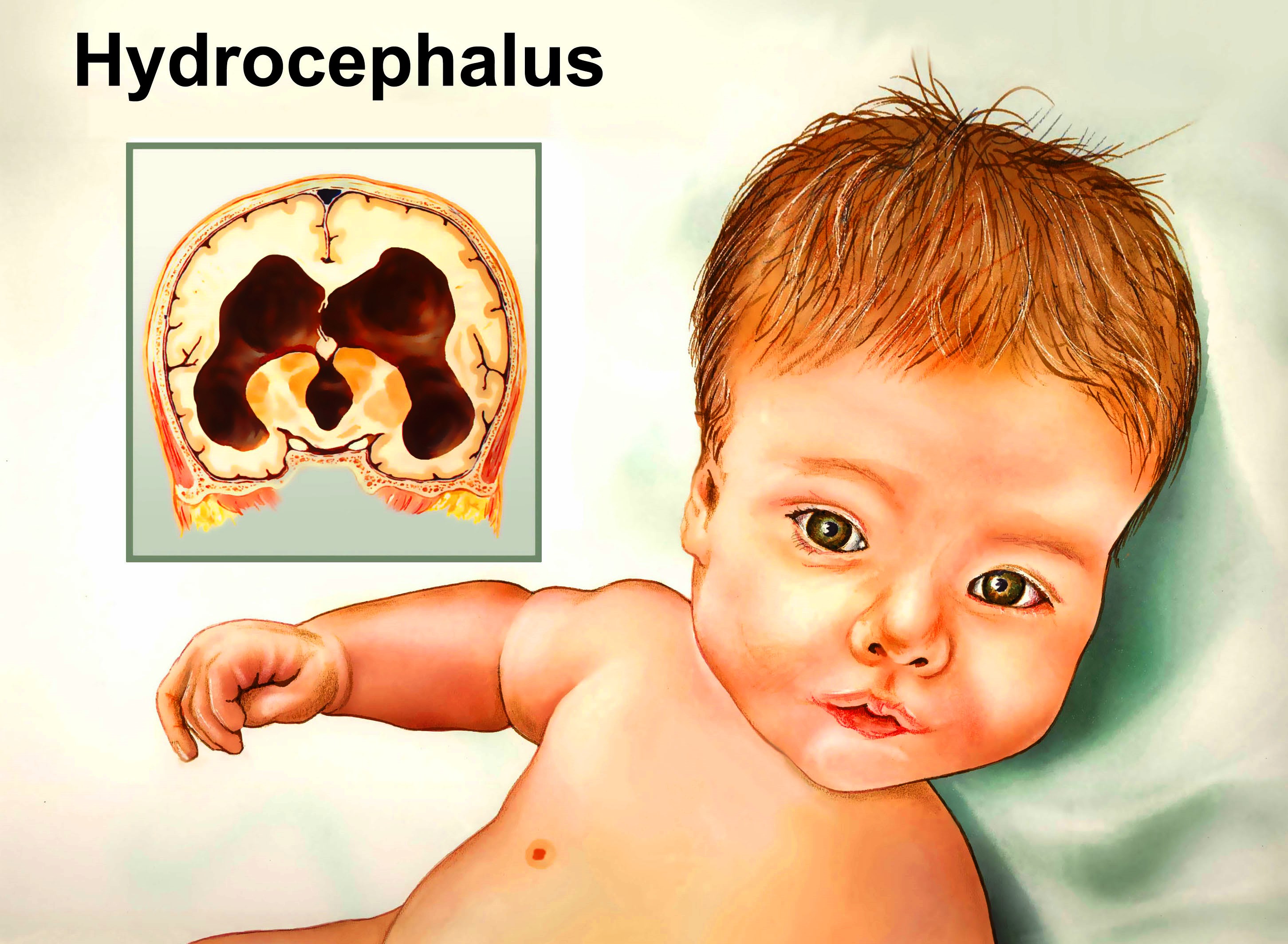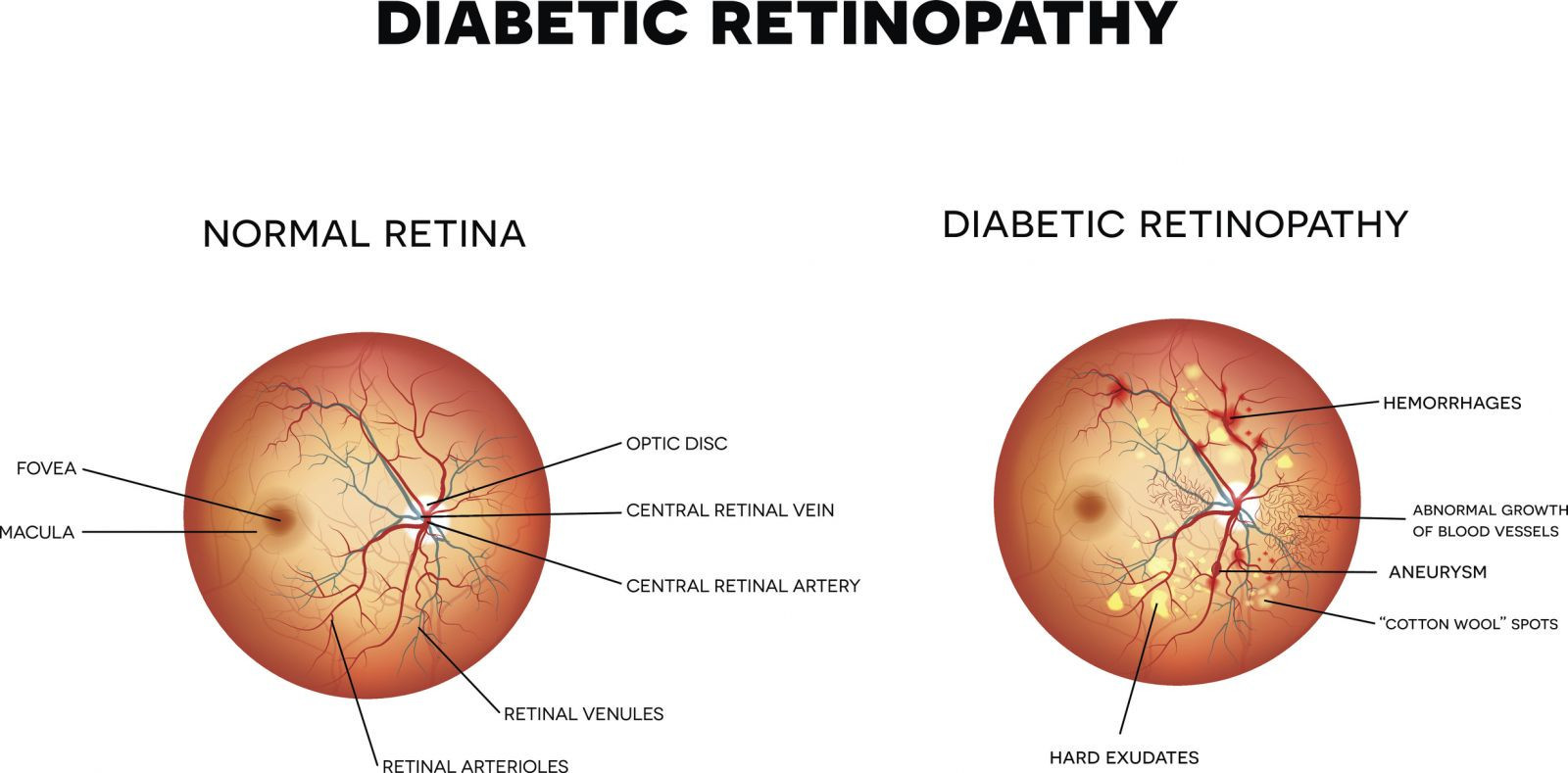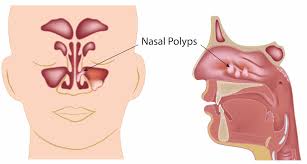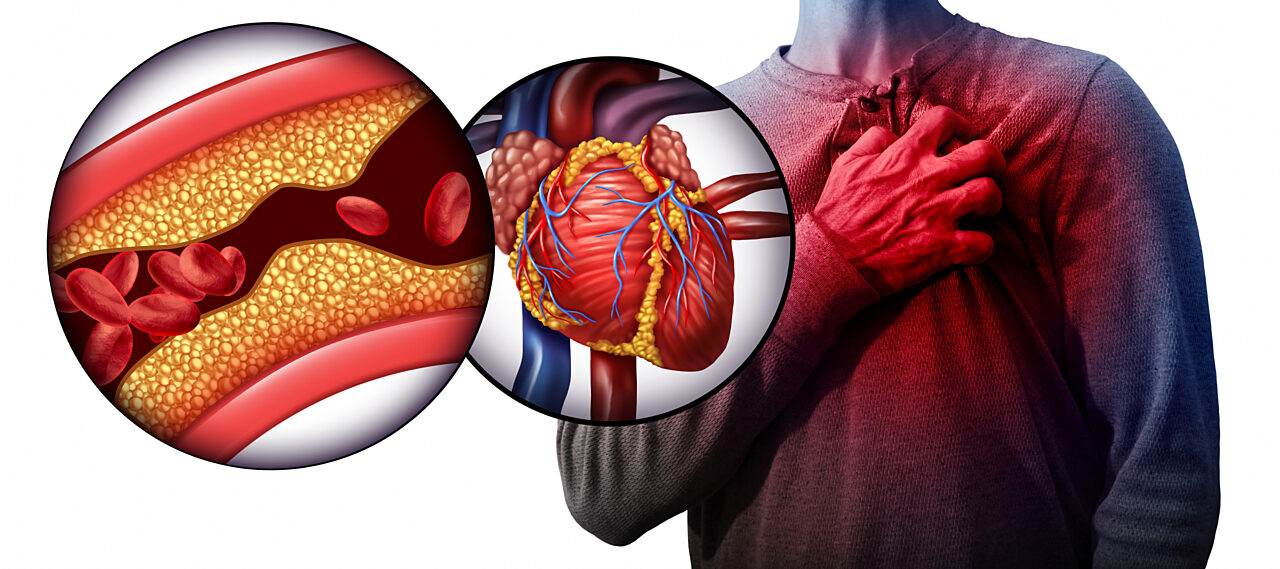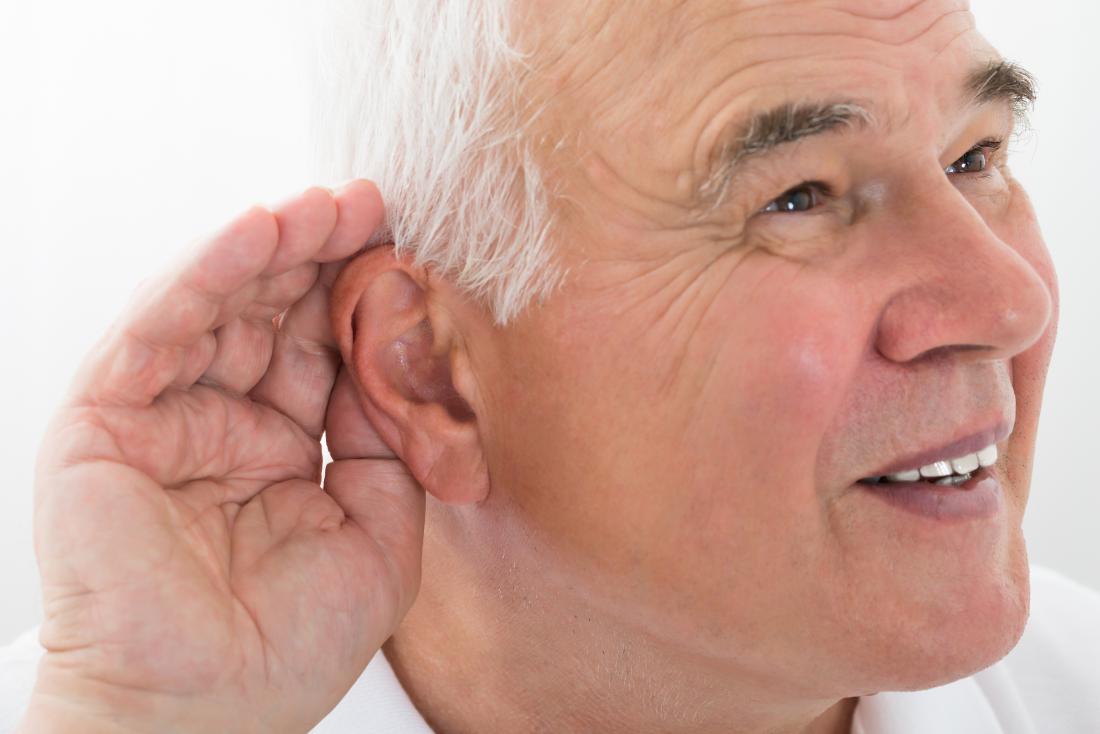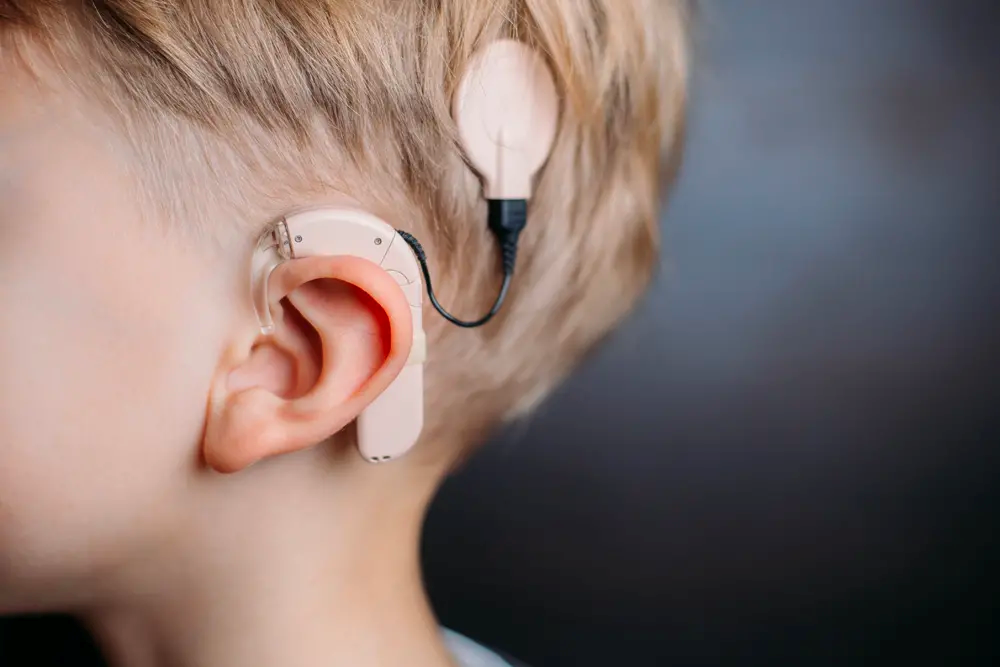Hydrocephalus
Introduction
This disease is also famous with the name of water in the brain, but actually it is not true. The reason is that our brain is surrounded by the CSF (Cerebrospinal Fluid) which is not water. The function which CSF has to obey is
- To protect the nervous system
- To remove the waste
- To nourishes the Brain
These hydrocephalus diseases contain lots of types; the following are the types of hydrocephalus disease.
- Congenital Hydrocephalus
- Acquired Hydrocephalus
- Communicating Hydrocephalus
- Non-communicating Hydrocephalus
- Normal Pressure Hydrocephalus
- Hydrocephalus Ex-Vacuo
These are the six major types of disease which are normally attacked on the brain and shrink the brain tissues, however the ventricles of brain also become larger with this kind of disease. After getting information about the hydrocephalus and its types now move further. Here we explain a little bit about each disease and the symptoms shown by each disease.
Congenital Hydrocephalus
About 1 in every 500 American babies found the disease of hydrocephalus. It is due to the infection in the mother during pregnancy like rubella or mumps or maybe birth defects.
Acquired Hydrocephalus
This disease developed after the birth normally after getting a stroke, brain tumor, meningitis, or the result of any head injury.
Communicating Hydrocephalus
This disease arises when the CSF blocked after leaving the ventricles. The reason for calling it communicating hydrocephalus is that CSF still flows between the brain’s ventricles.
Non-Communicating Hydrocephalus
This disease is also known with the name of obstructive hydrocephalus mostly arise when the thin connection between the ventricles blocked.
Normal Pressure Hydrocephalus
This disease is only affected by those people who are aged 50 or older. These diseases develop after serious injury, infection, surgery, or hemorrhage.
Hydrocephalus ex-Vacuo
This type of brain disease arises after traumatic brain injury or degenerative diseases. In this type of disease, your brain tissues totally shrink and the ventricles of the brain become larger.
The following are the major types of hydrocephalus diseases now at the last of this blog we mention some of the main symptoms of these diseases.
- Difficulty in breath
- Stiffing of arm and leg muscles
- Irritability
- Poor feelings
- Unwillingness to bend or move the neck
- Head seems larger than it shows
Regard: Dr. Naveed Shahzad

